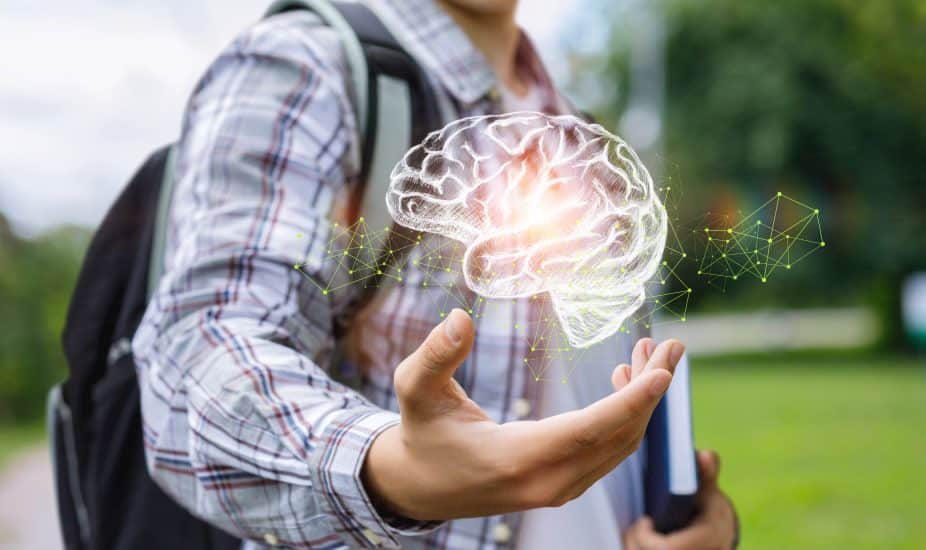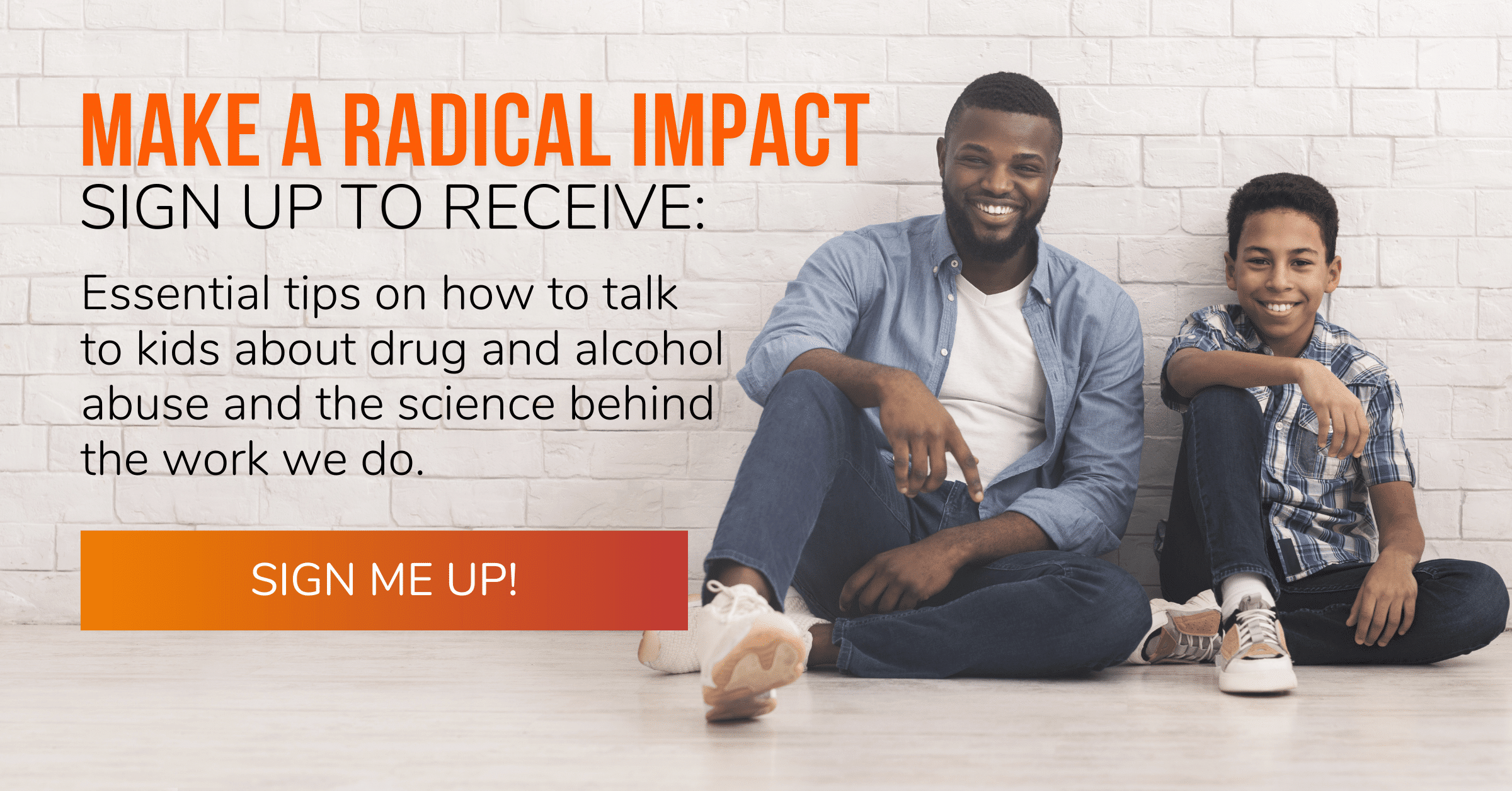We all did dumb things when we were teenagers. Stunts we pulled that we still hesitate to tell our moms about. Most of us are fortunate enough to not have residual damage or pain caused by those decisions, but as parents and educators, we want to do our best to create the circumstances where our kids can grow both in freedom and in responsibility and wisdom. We want to protect them from ruining their lives.
Understanding the Adolescent Brain
It’s important for us to understand what’s going on inside the brains of kids as they grow into adults.
It’s easy to dismiss kids as reckless and foolish or to turn a blind eye to their exploits since perhaps we didn’t have any supervision when we were their age. The more we understand what’s going on in their development process, the better equipped we will be to guide them through the transition to take wise ownership of their lives.
The prefrontal cortex is the part of the human brain where rational and logical thinking occurs.
In adolescents, it’s not developed…yet.
Neuroscientists have learned that it’s not fully developed until around age twenty-five. That means teenagers lack the capacity to make informed choices for themselves and others that reflect common sense or logic. They can’t yet process through their personal values, either, and are driven more by emotion and by a desire for chemical highs that come from taking risks.
 To put it another way, teenagers don’t yet have the capacity to think through the long-term consequences of their decisions.
To put it another way, teenagers don’t yet have the capacity to think through the long-term consequences of their decisions.
Rather than looking at their foolish choices through a lens of morality, it’s more productive to look at their behaviors through the lens of brain development.
Implications for Parents and Educators
What does this imply for parents and educators?
It means we need to be their brakes for a while longer.
Developmentally, they’re all gas pedals and no brakes.
We need to help them make smart and healthy choices — we need to act as their brakes. When they lack the capacity to do so, we need to make those choices for them, when appropriate. This goes against the ‘cool parent’ philosophy of providing substances for teenagers to consume as long as there is adult supervision. Kids are uniquely susceptible to addiction compared to adults, and the potential damage to their development and health is real.
In other words, don’t provide substances or turn a blind eye. You need to be their thinking brain and help them make the best choices that give them the best opportunity to thrive in life. Sure, you might not be thought of as cool, but it’s worth the cost.
If you could go back in time and add a voice of caution, wisdom, and long-term consequences, wouldn’t you?


